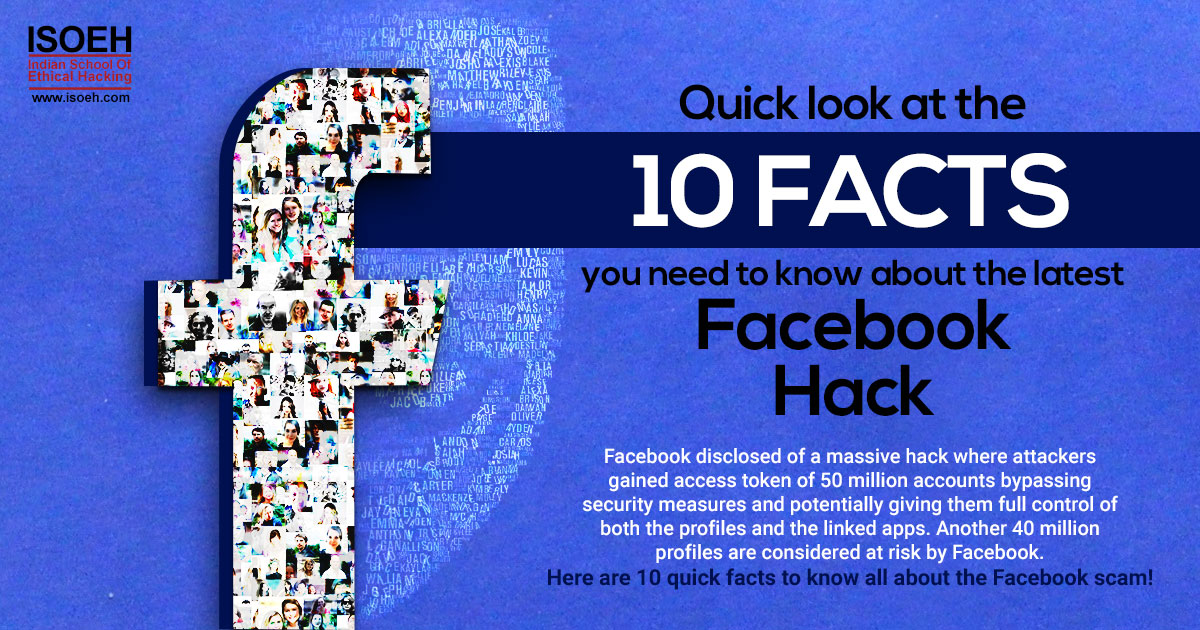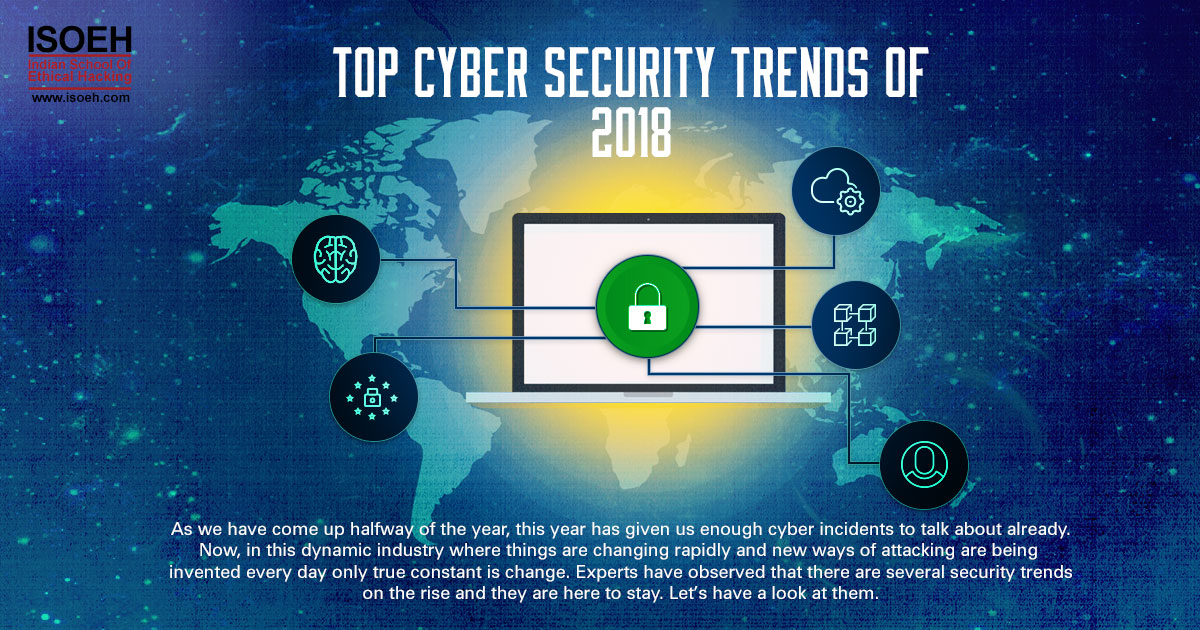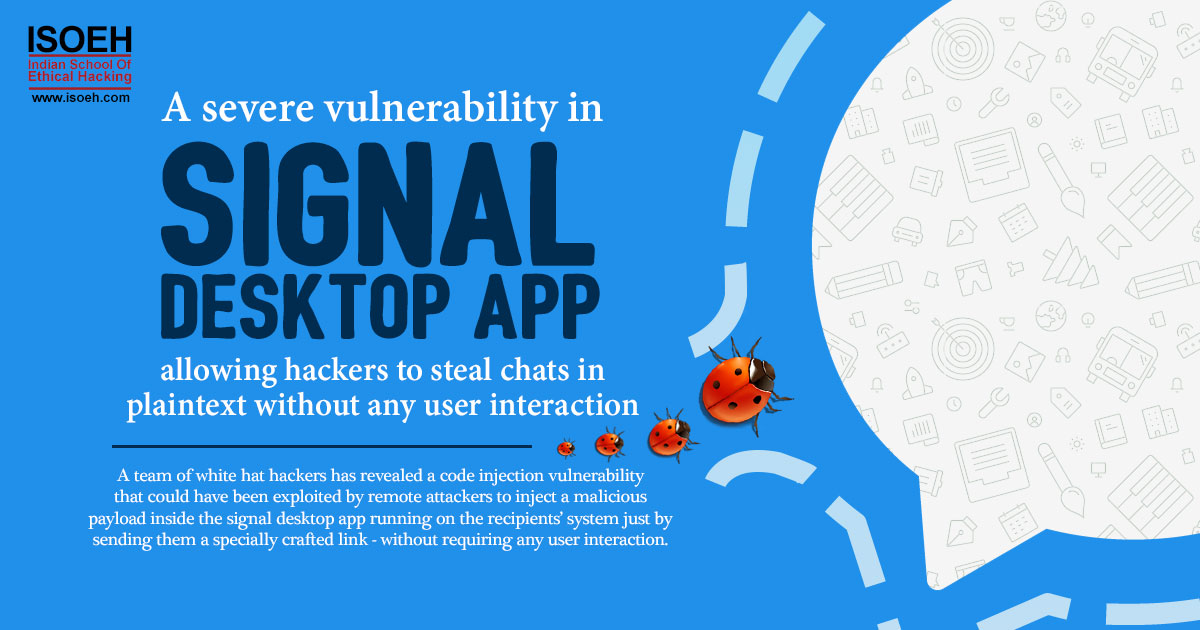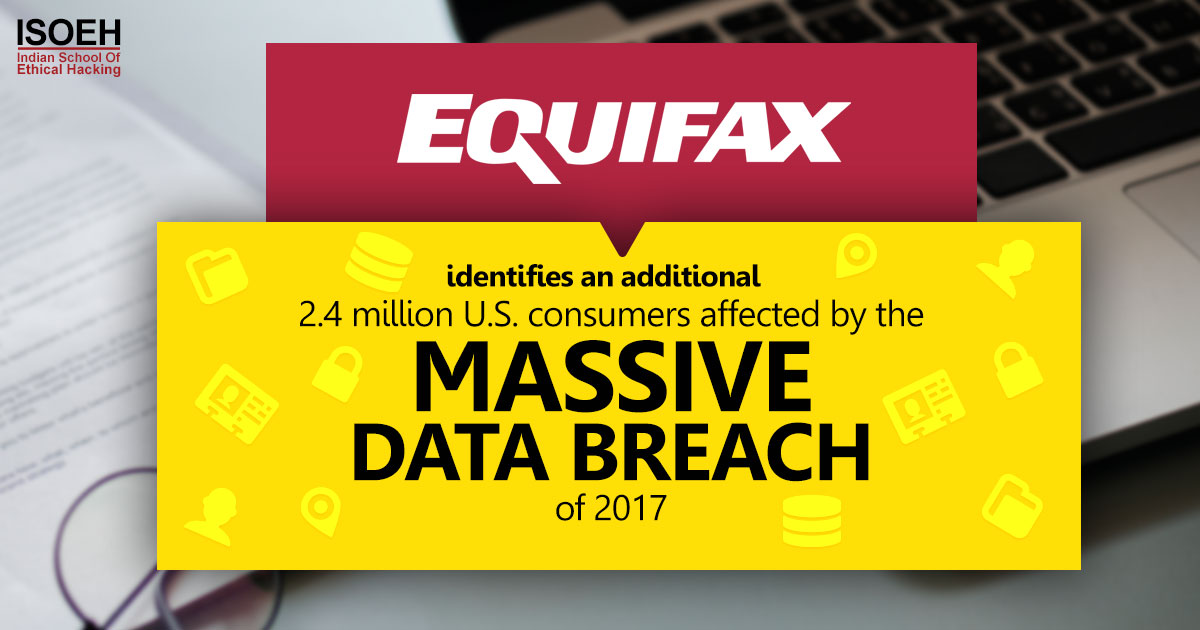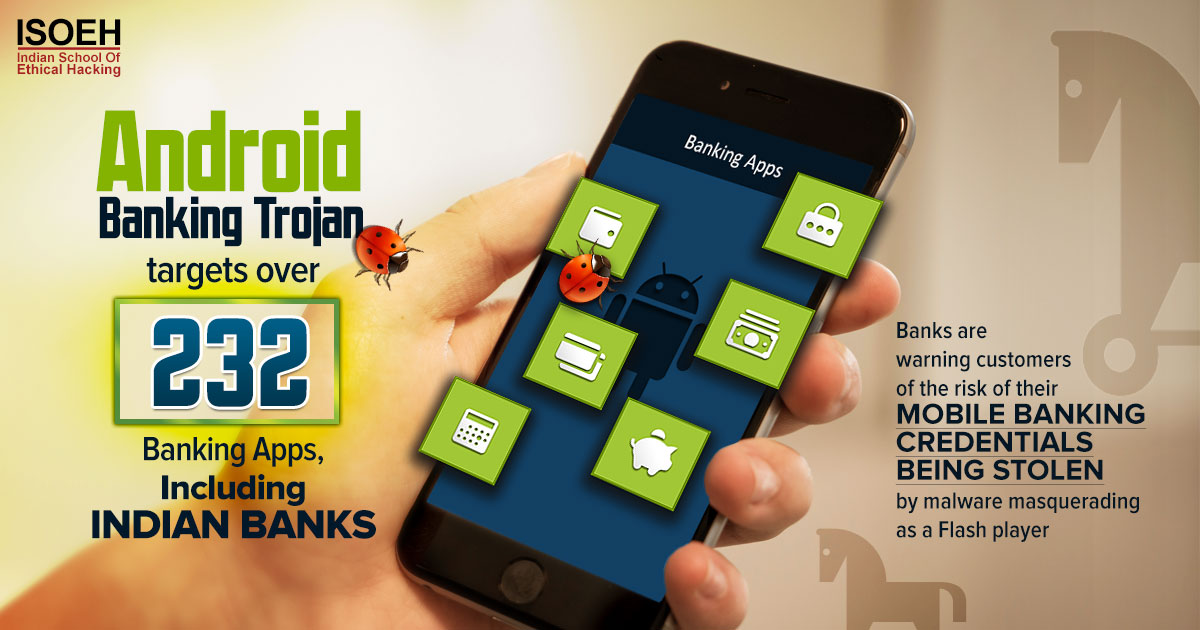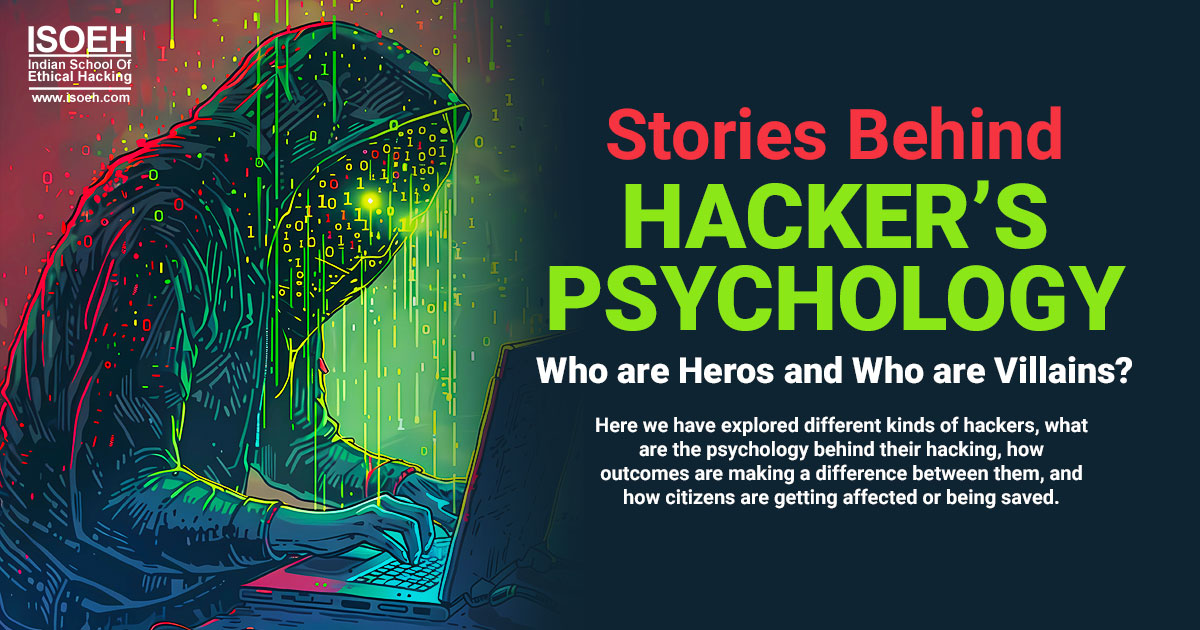
Contents
Introduction
Together, computers and the Internet have revolutionized work environments around the world. Now all our information has changed from offline to online. It has advantages as well as disadvantages. The main disadvantage is the risk of data theft. And those who steal this information are called hackers. Hacking, often perceived through a veil of mystery and intrigue, encompasses a wide spectrum of activities, motivations, and ethical considerations.
At its core, hacking is the art of exploring and manipulating digital systems, sometimes pushing these systems beyond their intended limits. When we hear the term “hacker” we may picture a dangerous cybercriminal. However, not all hackers are inherently bad. Some powerful individuals use their technical skills to break into computer networks and bypass security measures.
Hacking is not always bad. The world of computers is safer to an extent because of a particular type of hacker. The psychology behind hacking reveals a diverse group of individuals, each driven by unique motivations, ranging from safeguarding the digital landscape to seeking personal gain or even causing disruption.
This exploration not only uncovers the various shades of hacker personas but also challenges the conventional view of hackers as mere criminals. The hacker community consists of different kinds of hackers. The White Hat professionals who enhance cybersecurity. The Black Hat hackers exploit vulnerabilities for nefarious reasons. Gray Hat hackers blur the lines between ethical and unethical activities, further complicating the narrative. Also, there are the blue hat and red hat hackers, specialists in their domains, who contribute to the complexity of this ecosystem. In this blog, I shall discuss about all of these hackers.
What is the definition of Hacking?
Hacking is the process of recognising vulnerabilities in a device or network to exploit the security and gain access to a victim's data.
Types of Hackers
The digital world is a vast area of knowledge and power. Some have achieved hacking skills through ethical hacking courses and others have not. Those who achieve hacking techniques, their goals, ethics, and motivations are categorised into 5 distinctive archetypes—White Hat Hackers, Black Hat Hackers, Gray Hat Hackers, Blue Hat Hackers, and Red Hat Hackers. Each of these hacker types plays a unique role in the cybersecurity ecosystem. Let me talk about them, who they are, from where they gain their knowledge, how they exploit and why.
White Hat: Authorized Hackers
These kinds of hackers use their skills legally to protect information and infrastructure from bad actors. White Hat hackers or Ethical hackers break into devices or network systems taking the organization's consent. They conduct penetration testing, vulnerability assessments and patching, and other methodologies with the permission of the owners, ensuring the security of systems. They are often certified professionals who adhere to a strict ethical code, working within legal boundaries to strengthen the internet's defences.
Black Hat: Criminal Hackers
Black Hat hackers are the outlaws of the internet. They illegally exploit computer systems and networks with malicious intent, conducting activities such as stealing, defacing websites, or installing malware without authorisation. These cybercriminals are driven by various motives ranging from financial gain to political agendas, or even the challenge. They apply the latest tricks to do identity theft, data breaches, and disruption of services, making them a primary focus for cybersecurity efforts.
Gray Hat: "Lulz" Hackers
Gray Hat hackers exist in the ambiguous space between the Black and White Hat hackers. They may hack into systems without permission, yet without malicious intent. These kinds of hackers just hack for fun or they are Lulz hackers. It is also called Illegal Hackers but not like Black Hat hackers. Suppose, you are an Ethical Hacking student (beginner level), you have to complete practical sessions, so on that time, if you hack somebody's system without any intention, you will be called a Gray Hat Hacker. Their motives can range from curiosity to the thrill of the challenge or a desire to bring attention to a particular issue or vulnerability. Although they might inform the owner about a weakness after exploiting it, their unauthorized entry still puts them on shaky legal and ethical grounds.
Blue Hat: Authorized Software Hackers
Blue Hat hackers are often security professionals hired by companies for the specific task of protecting the organization's critical assets against any kind of threat. They are well aware of the business objectives and the organization's security strategy. Unlike White Hat hackers, who may have a broader role in ongoing security efforts, Blue Hats focuses solely on identifying software vulnerabilities before release and monitoring traffic and scan packets. If they find any packet suspicious, they protect the network system from that packet and also block that IP from where the packet comes from.
Red Hat: Government-Hired Hackers
Red Hat hackers are also known as vigilante hackers. A unique set of skills that set them apart their ability to infiltrate systems while keeping their identities hidden makes them a force to be reckoned with. Their mission often involves cyber espionage, seeking out vulnerabilities in the systems of foreign governments, terrorist groups, or criminal organizations. Red Hat hackers operate in the shadows, conducting surveillance, gathering intelligence, or even launching attacks to disrupt the activities of a nation's adversaries. Their operations are highly classified and shrouded in secrecy. Red Hat Hackers take aggressive measures to disarm black hat hackers and drain their resources. Res Hats are always on the move elusive and masters of disguise. They can be in one place hacking away while physically located in another state or even a different country. Their intentions remain uncertain making them both dangerous and unpredictable.
What Skills Do You Need to Gain?
What you will become depends on your motives. But here I am giving suggestions only on how to be an Ethical Hacker or White Hat Hacker. To embark on the path of Ethical hacking, you need to acquire knowledge of Networking systems and a deep understanding of Linux-based systems and programming languages like Python. Also, you can hone skills like social engineering, and penetration testing. For example, the Indian School of Ethical Hacking offers an Industry-designed study curriculum to make students an Ethical Hacking professional in future. Suppose, you are from North Bengal, you can search for the ethical hacking course in Siliguri, to know how industry experts are guiding students with top-notch practical knowledge at High-end LAB.
Conclusion
Now everyone is closely associated with the term hacking. Someone is hacking and someone is being hacked. Here we have explored different kinds of hackers, what are the psychology behind their hacking, how outcomes are making a difference between them, and how citizens are getting affected or being saved. Fach kind of hackers play a unique role in the digital ecosystem. Some hackers are hacking the company's network system legally whereas some hackers are stealing important credentials, some hackers are blending curiosity with a dose of mischief, while Blue Hat and Red Hat hackers contribute to the dynamics by focusing on software security and national security respectively. The world of hacking is not just about heroes and villains. It's about understanding the delicate balance between security and vulnerability.
Hacking Tools
Explore All Hacking Tools »
UFTP is an encrypted multicast file transfer program for secure, reliable & efficient transfer of files. It also helps in data distribution over a satellite link.
Read DetailsBreaking News
Breaking News Of Each Month »
The recent pandemic was unexpected and unknown to most part of the world. It has changed our life and we are slowly adapting to our new lifestyle. The risks associated with the new lifestyle, both personal & corporate, are unknown to most of us.
Read Details



